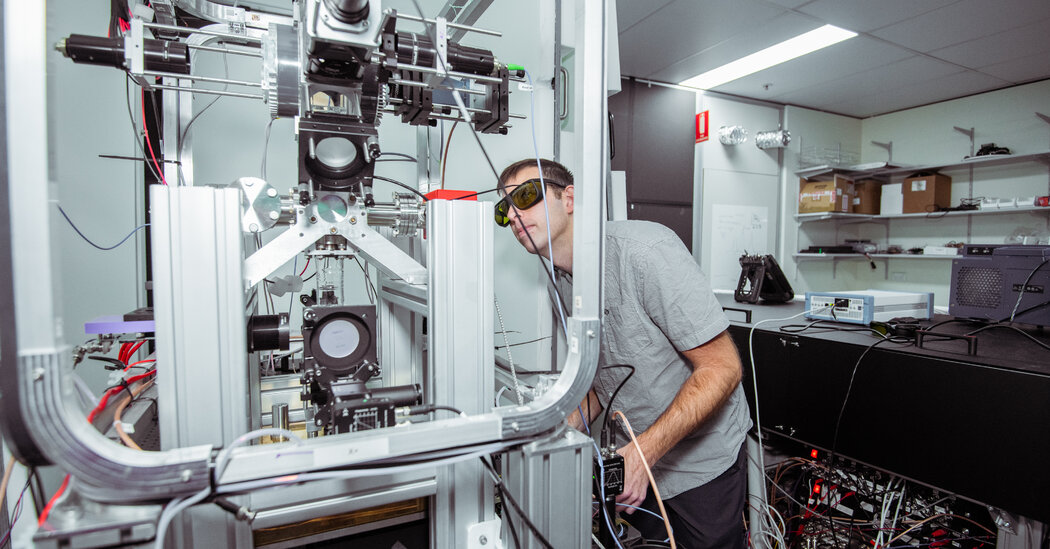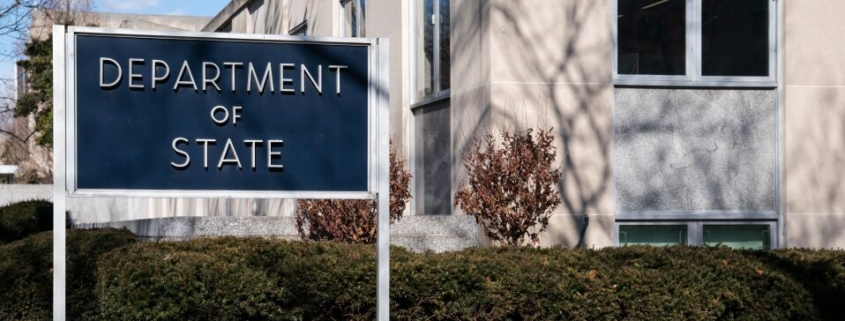Quantum Tech Intended for National Security Is Testing U.S. Alliances
The Australian physicist shook the heavy metal box that resembled a beer cooler but held a quantum sensor. A computer screen showed that the cutting-edge device — with lasers manipulating atoms into a sensitive state — continued functioning despite the rattling.
He and his team had built a hard-to-detect, super-accurate navigation system for when satellite GPS networks are jammed or do not work that was robust and portable enough to be used outside a lab. It could potentially guide military equipment, from submarines to spacecraft, for months with a minuscule risk of directional error — a significant improvement over what is available today.
“The fact that we can do that is probably a wild, insane surprise,” said Russell Anderson, the head of quantum sensing at Q-CTRL, a start-up that recently signed a deal with Australia’s Department of Defense to develop and field-test its quantum sensor technology.
The global race to develop quantum technologies of all kinds has accelerated as governments pour investment into the industry and scientists make rapid technical advances. But to maintain an edge over China — which takes a centralized approach to tech development — the United States is considering tougher export controls for quantum. And allies say more limits, on top of those already in place, could stifle momentum because the strength of the American model of tech development comes from its openness, combining pools of public research money with private investment to support scientists from many countries.
For the United States and its allies, the challenge is clear: how to balance protectionism and cooperation in a transformative field where talent is scarce and less concentrated in the United States, making interdependence inevitable and increasingly necessary.
“The world has changed, and the pace of technology is much faster than it used to be,” said John Christianson, a military fellow at the Center for Strategic and International Studies in Washington, who co-authored a recent report on AUKUS, the 2021 security agreement among the United States, Britain and Australia. “We can’t just rely on Americans always having the best stuff.”
Secretary of State Antony…

